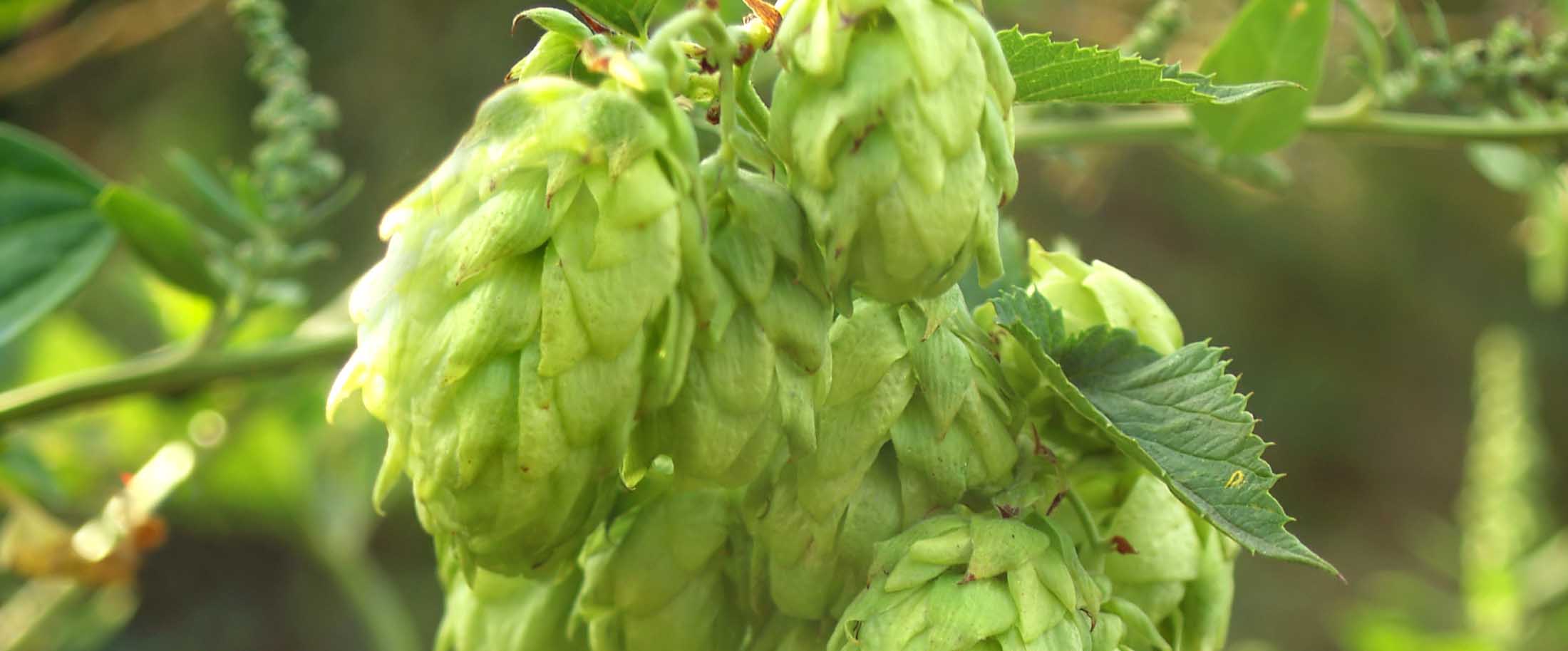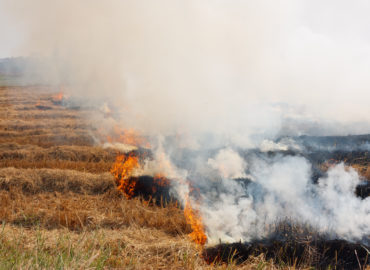It might be time to try dry hopping.
Dry hopping is a process of adding hops to beer after fermentation has started. Dry hopping conveys a fresh hop aroma in the beer without adding bitterness and brings a unique taste character.
Adding hops later on in the process conserves the aroma and flavor from the hops’ oils. These are different from the alpha acids that provide the beer its bitterness. The oils add no bitterness, just flavor and aroma. During the boiling process, nearly all the hop oils evaporate; the longer the boil time the more oils will be lost. The hops put in at the start of the boil for bittering lose virtually all of their oils. Those added near the end of the boil don’t lose as much oil but still lose a good deal. And the heat of the boil causes chemical changes in the oils, so even those that remain lack the aroma of fresh hops.
So, if we wish to add hops to provide a fresh hop aroma to the beer, when is the best time to do it? Traditionally, dry hopping was done in the serving cask. A charge of fresh hops would be included in the cask right before the bung was hammered in. If you keg your beer, you could add the hops to the keg. This gives the beer the best and freshest aroma. But what if you bottle? It makes sense to take a step backward in the process and add the hops to the fermenter. But there is a right time and a wrong time to do it.
The Right Time
A better time to insert the hops to the fermenter is just as the fermentation starts to slow down. This is usually obvious by the head (or kraeusen) starting to diminish, which usually corresponds with a decreased bubbling in the airlock. Generally, this is three to four days after fermentation has started. If you are using a single-stage fermenter, just add the hops. If you use a secondary fermenter, rack the beer now and add the dry hops to the secondary.
The wrong time to add the hops is at the very beginning of the fermentation process. Hops are not a sterile product and placing them in too soon could cause contamination in your batch.
If you wait for the right time, various factors are at work in your favor. The beer’s pH will have dropped to the point where the organisms on the hops can not survive, and the alcohol now present also helps to kill them. You also have a healthy yeast population in your beer, and this yeast will have a tendency to starve out the other organisms. There is no danger of contamination from dry-hopping if you begin at the right time.
The last good reason for the wait is that during the initial stages of fermentation large quantities of CO2 are being created, and this will scrub the hop aroma from your beer.





